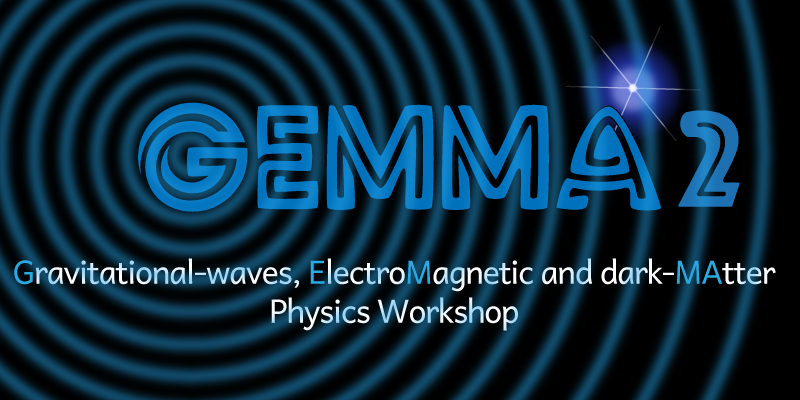Speaker
Description
Gravitational waves have opened a new window on the cosmos and revolutionized our view of astrophysical phenomena. Current ground-based interferometers such as Advanced LIGO, Virgo and KAGRA are currently the most sensitive detectors and form a worldwide network capable of rapid detection and localization of gravitational wave signals of coalescence of compact binary systems. Nearly real-time analysis of transient sources is a key requirement to issue alerts for gravitational wave signals and trigger electromagnetic follow-up campaigns. The large amount of data produced by interferometers and the need for fast analysis pose several challenges from the data analysis point of view. Machine learning is a promising approach to tackle this challenge and offers viable solutions to boost our capabilities of analyzing gravitational wave data. In particular, deep learning-based architectures have been shown to be effective in various fields of data analysis, from noise studies to source detection. I will review the main applications of deep learning to gravitational wave data analysis, encompassing studies on detector noise and detection of transient and persistent sources.

